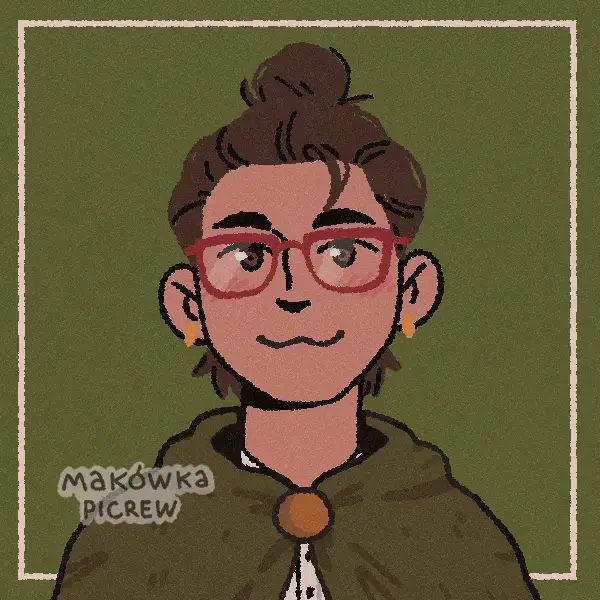I don’t usually self promo but I was interested in the concept of a social archipelago facilitated by closed federation/allowlisting, in response to a lot of the bigotry and spam that’s on the Fediverse and how difficult it can be to moderate. I was also curious about how Beehaw/Lemmy users feel about allowlisting and closed federation especially since Beehaw’s on the cusp of switching to an allowlist. What are y’all’s thoughts on the concept of a social archipelago?
While writing, I consulted these two essays which introduce this idea, so I’ll leave them here as “further reading”:


I would tend to agree. I think both methods have their merits. Though ideally I’d rather have most instances use a blocklist model. This is less cumbersome to the average user and this achieves (in my opinion) one of fediverse goal of having an online identity not tied to an instance, an online identity you can easily migrate (including comments, follow, DMs, …) if needed.
But the blocklist model is too hard to maintain at this time. There are various initiative to try and make it work, such as fediseer, and it might be good enough for most. But I think it’s a trap we should not fall into. On the fediverse, “good enough for most” is not good enough.
I think there is indeed something of that effect going on as well, this is true. But I do not think this warrants a move to allowlist by itself.
I think the move to allowlist is mandated by the fact that building a safe space for “minorities” is hard. The tools to alleviate issues such as harassment and bigotry are not sufficient at this time to keep those communities fully open.
Which is a shame as I think the best way to fight those issues, as a society, is to have people express themselves and have healthy conversation on issues that are rarely brought up.
But we are not entirely giving that up by moving to an archipelago model. It just means that individuals would have multiple accounts, on different archipelago. The downside is that it makes the fediverse less approachable to the average person.